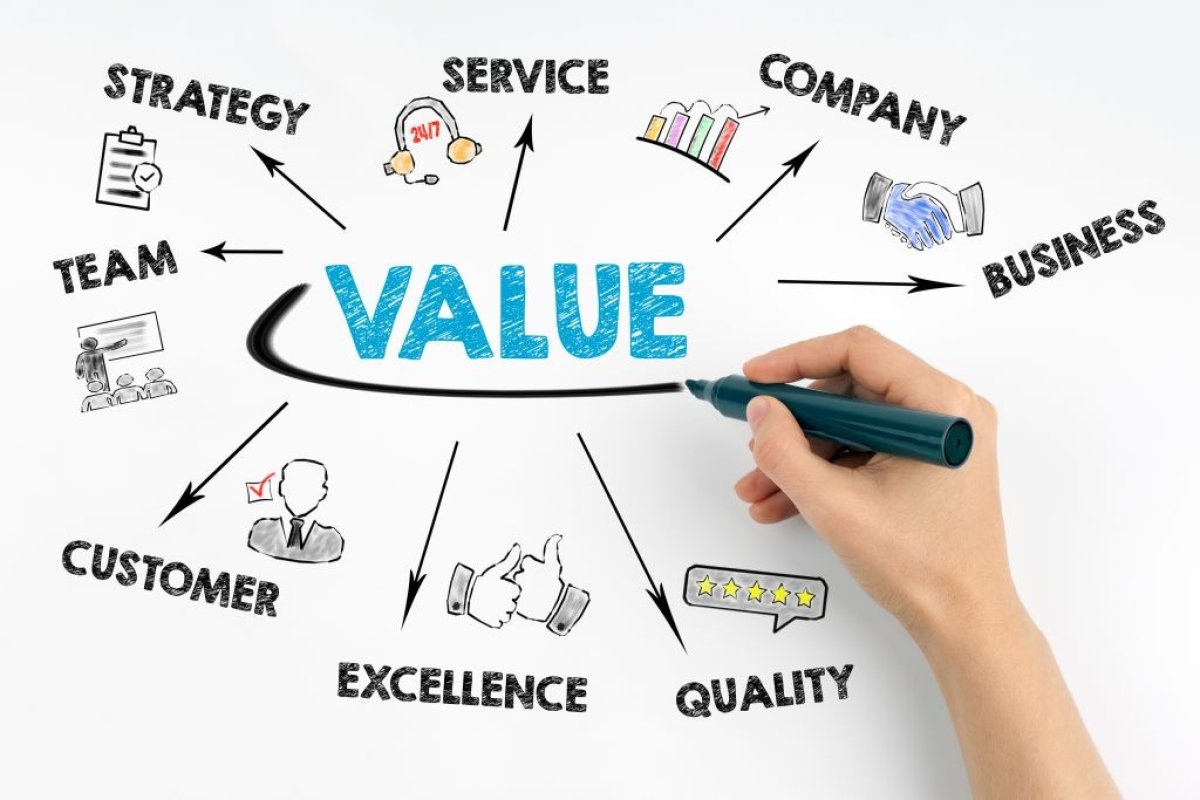Knowing the value of your business is more than a number on paper. A proper small business valuation can help you negotiate better with investors, prepare for a loan, or plan a sale with confidence. It is also a way to track the progress of your hard work. If you understand what your business is worth, you can make smarter decisions for the future.
In this guide, you will learn the main methods used to value a small business, how to prepare your numbers, and what steps you can take to increase your valuation. The goal is to give you a clear and practical roadmap that you can follow, even if you are not a finance expert.
Why Business Valuation Matters
Many small business owners wait until they want to sell before asking, “How much is my business worth?” That approach often leaves money on the table. A regular valuation helps you see if your growth is moving in the right direction. It also gives you leverage when you sit across from a lender, buyer, or investor.
Valuation has many uses:
- Selling or merging your business
- Buying out a partner or bringing in new ones
- Offering equity to employees
- Planning for retirement or a major life event
- Building credibility with banks and investors
When you know the value of your business, you can act with confidence instead of guessing.
Preparing for a Small Business Valuation
Before you can value your company, you need a clear picture of its finances. Think of it like preparing your house before an open inspection, you want everything in order.
Here are the basics you should gather:
- Profit and loss statements (last two or three years)
- Balance sheets and cash flow statements
- Tax returns to verify earnings
- List of assets (equipment, property, inventory, patents, trademarks)
- List of liabilities (loans, credit cards, unpaid bills)
- Forecasts of revenue and expenses for the next few years
Also think about intangible assets. These may include your brand reputation, loyal customer base, email list, or unique technology. Even if they are not on the balance sheet, they add real value.
Different Ways to Assess What Your Business Is Worth
There are several approaches to small business valuation, each suited to different situations. Using more than one method gives you a balanced view.
-
Asset-Based Valuation
This method starts with what your business owns and subtracts what it owes. It is simple math:
Business value = Assets – Liabilities
Assets include property, equipment, vehicles, or intellectual property. Liabilities include loans, leases, and debts. For businesses with valuable assets, this method provides a baseline value. For service firms with few assets, it often underestimates true worth.
-
Capitalization of Cash Flow
The capitalization of cash flow method works best for stable businesses with predictable earnings. It takes one period’s cash flow and divides it by a rate of return (often 20–25% for small businesses).
Example: If your adjusted cash flow is $100,000 and the rate is 20%, your valuation would be $500,000.
This method is straightforward, but it assumes steady performance. If your earnings are uneven, it may not give an accurate picture.
-
Discounted Cash Flow
The discounted cash flow method (DCF) looks forward, not back. It projects your future cash flows and adjusts them for risk and time. Money today is worth more than money in the future, so those future earnings are discounted back to present value.
DCF is more complex than the cash flow capitalization method, but it is powerful for businesses expecting growth. If you have solid forecasts and believe your business will expand, this method shows potential future value.
-
Market-Based Valuation
This method compares your business to others that have sold recently. It looks at revenue, profit multiples, and industry benchmarks. For example, if similar businesses in your field sell for 2.5 times earnings and your company earns $200,000, your estimated value is $500,000.
Finding good comparables can be hard, but it grounds your valuation in real market conditions.
-
Seller’s Discretionary Earnings
Seller’s Discretionary Earnings (SDE) is a method made for small businesses. It starts with profit and adds back the owner’s salary, perks, and non-essential expenses. This shows how much money the owner can take home each year.
Buyers like this method because it shows the income potential they could expect. However, debates often arise about which expenses should be added back. Clear records make this process smoother.
When Should You Value Your Business?
Valuation is not only for the day you sell. You should think of it as an ongoing practice. Every year or two, run the numbers. This gives you a measure of progress and highlights areas where you can improve.
Situations where valuation is especially useful:
- Preparing to raise capital
- Buying out or bringing in partners
- Negotiating with banks or lenders
- Planning succession or exit strategies
How to Improve Your Small Business Valuation
Your value comes down to two main things: how much money the business makes and how reliable that income is.
Here are practical ways to strengthen your valuation:
- Increase recurring revenue. Long-term contracts or subscriptions show stability.
- Diversify income streams. Avoid being too dependent on one customer or product.
- Reduce unnecessary costs. Clean margins lead to stronger cash flow.
- Document systems and processes. Buyers pay more for businesses that run smoothly without the owner.
- Build a strong team. Happy, skilled employees lower turnover and increase value.
- Keep accurate financial records. Clean books inspire trust and help justify a higher price.
Even small steps, like organizing your financial statements or reducing client concentration, can have a big impact.
Quick Tips for Owners
- Review your valuation methods every year.
- Keep both your numbers and your paperwork ready.
- Test different methods—asset-based, cash flow, and market-based—to see a range of values.
- Consider your audience. An investor may look at growth potential, while a bank may care more about stable cash flow.
Key Takeaways
A small business valuation is not just about preparing for a sale. It is about clarity, leverage, and making smart decisions. Whether you are seeking investors, applying for a loan, or planning your future, knowing your business’s worth puts you in control.
By gathering accurate financial data, using proven methods like SDE, DCF, or market multiples, and focusing on long-term improvements, you give your business a stronger foundation.
And if you want to simplify the process, ready-made financial model templates can save you hours of work while ensuring accuracy. Financial Models Hub offers tools that make valuation easier, faster, and more reliable, so you can focus on growing your business with confidence.



